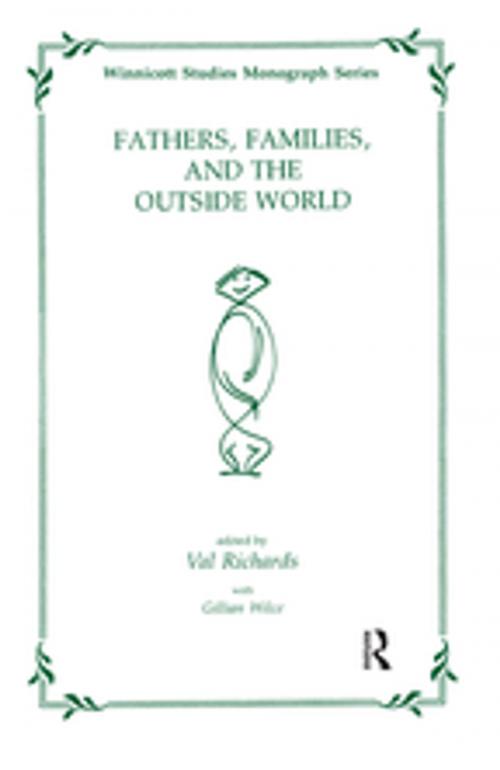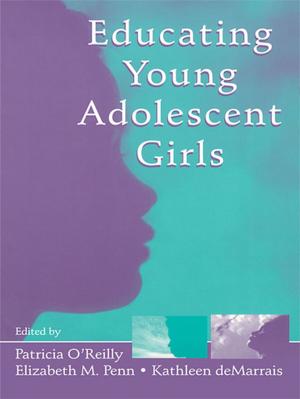| Author: | Gillian Wilce | ISBN: | 9780429913600 |
| Publisher: | Taylor and Francis | Publication: | March 22, 2018 |
| Imprint: | Routledge | Language: | English |
| Author: | Gillian Wilce |
| ISBN: | 9780429913600 |
| Publisher: | Taylor and Francis |
| Publication: | March 22, 2018 |
| Imprint: | Routledge |
| Language: | English |
This is the second monograph to be published under the auspices of Winnicott Studies, the Squiggle Foundation's renowned series of publications on contemporary applications of Winnicott's thought. Like its predecessor, which concentrated on the True and False Self, this volume focuses on a single topic: Winnicott's treatment of fathers. The volume includes a reprint of Winnicott's 1965 paper, "A child psychiatry case illustrating delayed reaction to loss", which is followed by John Forrester's "On holding as a metaphor", which expands and comments on many of the issues which Winnicott raises. John Fielding then provides an insight into Shakespeare's treatment of father-figures; Graham Lee outlines a new approach to the Oedipus complex in the light of Winnicott's insights; and Val Richards concludes with some clinical and theoretical thoughts. Taken together, these papers provide an intriguing composite picture of Winnicottian thought today, on a topic which is of increasing social and cultural interest.
This is the second monograph to be published under the auspices of Winnicott Studies, the Squiggle Foundation's renowned series of publications on contemporary applications of Winnicott's thought. Like its predecessor, which concentrated on the True and False Self, this volume focuses on a single topic: Winnicott's treatment of fathers. The volume includes a reprint of Winnicott's 1965 paper, "A child psychiatry case illustrating delayed reaction to loss", which is followed by John Forrester's "On holding as a metaphor", which expands and comments on many of the issues which Winnicott raises. John Fielding then provides an insight into Shakespeare's treatment of father-figures; Graham Lee outlines a new approach to the Oedipus complex in the light of Winnicott's insights; and Val Richards concludes with some clinical and theoretical thoughts. Taken together, these papers provide an intriguing composite picture of Winnicottian thought today, on a topic which is of increasing social and cultural interest.















